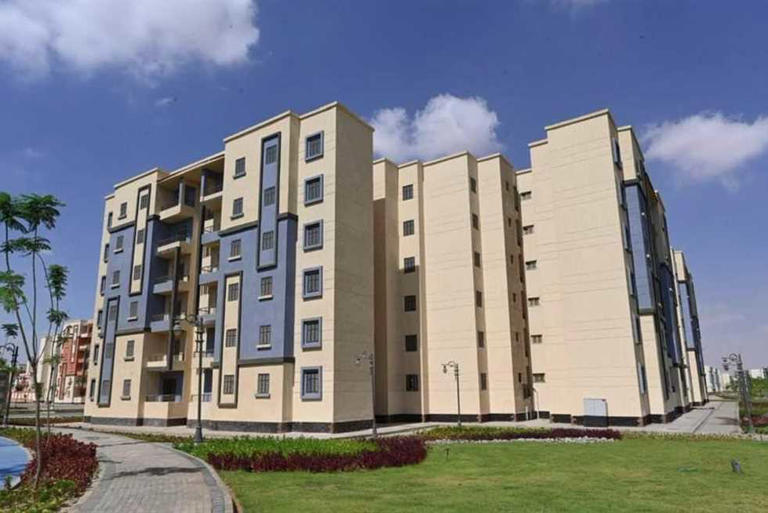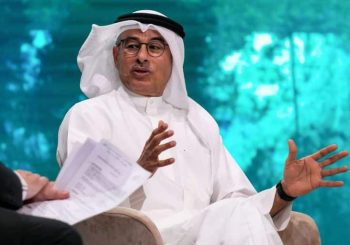Amid soaring inflation and a depreciating currency, Egyptians are increasingly turning to real estate as a strategic hedge. With inflation peaking at 32.5 percent in April 2024, a slight dip from 33.3 percent in March 2024 but still alarmingly high, investors are seeking stable assets to preserve their wealth.
Real estate, traditionally seen as a reliable hedge against inflation, is witnessing a surge in activity as property values and rental incomes typically rise alongside inflation.
The real estate market in Egypt is substantial and has been experiencing growth.
As of 2024, the Egyptian residential real estate market size is estimated at USD 20.02 billion (EGP 950 billion) and is expected to reach USD 33.67 billion (EGP 1.6 trillion) by 2029, growing at a compound annual growth rate (CAGR) of 10.96 percent during the forecast period. This growth is driven by increasing demand for residential units in major cities in Egypt, especially in Cairo, and is supported by government initiatives and upcoming projects.
The Financial Regulatory Authority of Egypt has reported an unprecedented rise in mortgage contracts, indicating a robust trend towards real estate investment.
In January alone, the number of mortgage contracts skyrocketed by 355.4 percent year-on-year, reaching 1,049 contracts valued at approximately EGP 1.4 billion (USD 29.4 million). This is a significant leap from the 240 contracts worth EGP 307.4 million (USD 6.4 million) recorded in the same period last year, marking a 337 percent increase in contract numbers.
The distribution of mortgage contracts across different income brackets reveals insightful trends. Companies signed three contracts for the income bracket of EGP 2,500 (USD 52.5) or less. Meanwhile, two contracts were signed for the income bracket between EGP 2,500-3,500 (USD 52.5-73.61).
The majority of contracts, 1,044, were signed for those earning above EGP 3,500 (USD 73.61), with a total value of EGP 1.4 billion (USD 29.5 million). This is a sharp increase compared to the 238 contracts worth EGP 302.7 million (USD 6.37 million) in the previous year, underscoring the growing demand for real estate among higher-income groups.
Leasing contracts also saw an upward trend, with 188 contracts signed in January 2024, valued at EGP 8.2 billion (USD 172 million), a notable increase from the 152 contracts worth EGP 7.1 billion (USD 149.5 million) signed in the same month last year, reflecting a 23.7 percent rise in contract numbers and a 15.1 percent growth in contract value.
Initiatives aimed at facilitating mortgage access have been pivotal in driving market growth.
Additionally, in 2023, the Central Bank of Egypt (CBE) implemented measures to control inflation, including interest rate adjustments that could affect mortgage rates. Despite these economic challenges, the demand for residential units, particularly in key cities, like New Cairo and North Coast, remains strong.
The lending rate in Egypt remained unchanged at 28.25 percent in May 2024, significantly higher than historical averages. This high lending rate impacts mortgage costs, making them more expensive for borrowers.
However, the persistent demand for residential properties suggests that mortgages are still a sought-after financial product for homebuyers in Egypt. The combination of inflationary pressures and currency depreciation is driving investors to seek refuge in real estate, which maintains value in US dollars.
As inflation continues to challenge the Egyptian economy, real estate emerges as a favored asset for hedging against economic volatility. The remarkable increase in mortgage contracts and the steady demand for residential properties underscore a broader trend: more Egyptians are indeed hedging on real estate to protect their wealth against inflation.
Government initiatives and robust financial products further support this growing market, making real estate a cornerstone of economic stability for many Egyptians amidst uncertain times.







Comments (0)